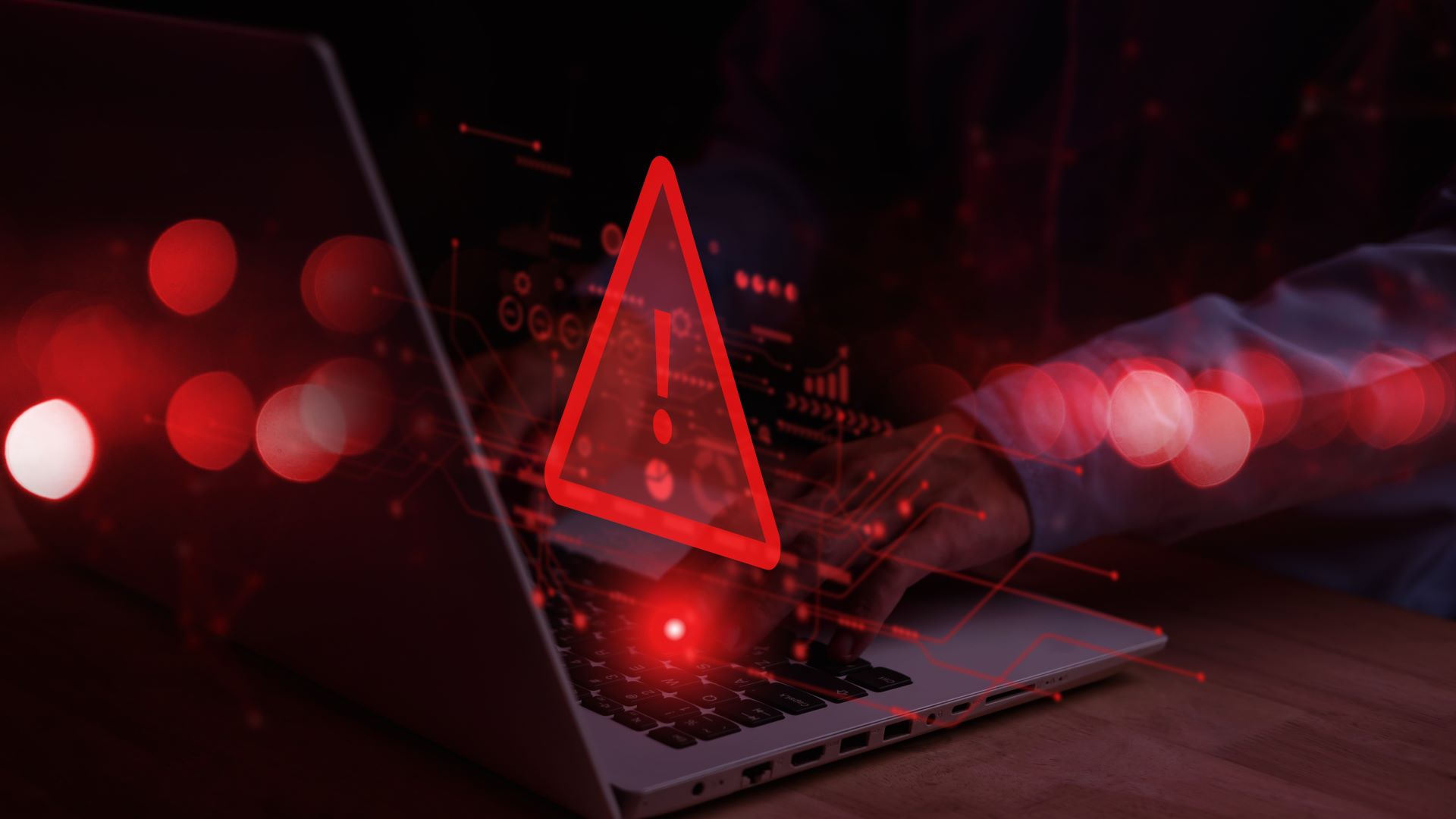Fujitsu says "advanced" malware was to blame for cyberattack, confirms customer data leaked
It wasn't ransomware, since the malware tried hard to remain hidden

Fujitsu Japan has confirmed suffering a cyberattack in which sensitive data, including that of its customers, was leaked.
In a press release, Fujitsu said the cyberattack, first spotted on March 15 2024, started with a compromise of a single device, after which it spread to a total of 49 business PCs.
It wasn’t ransomware, the company further explained, since the malware wormed its way around and used “sophisticated techniques” to evade detection, which is not a feature of ransomware attacks.
Sensitive data stolen
All of the compromised devices are used within Fujitsu’s internal, Japanese network. Other business PCs, connected to network environments outside the country, were not affected. Furthermore, the company confirmed that the infected PCs were not managed through cloud services, and that there was no trace of access to the services Fujitsu provides to its customers.
Fujitsu said it wasn’t aware of the files being abused in the wild so far, adding, “the investigation concluded that the damage did not spread outside of the company’s business computers, including to customer’s network environments."
But the malware did steal some sensitive data from the infected computers, including personal, or business-related information about certain customers. Fujitsu notified the affected individuals separately.
“Fujitsu wishes to offer its sincere apologies once again to its customers for the concern and inconvenience caused by the incident,” it said.
Are you a pro? Subscribe to our newsletter
Sign up to the TechRadar Pro newsletter to get all the top news, opinion, features and guidance your business needs to succeed!
There was no word on the type of data stolen. However, The Register reports that, per Japanese law, a company is obliged to report the theft to affected individuals if the stolen files include “sensitive data”, that is “likely to be misused for unlawful financial gain”.
Other conditions include stealing data for a “wrongful purpose”, or stealing information from at least 1,000 people.
More from TechRadar Pro
- Zotac may have been exposing private customer data straight into Google search results
- Here's a list of the best firewalls today
- These are the best endpoint protection tools right now
Sead is a seasoned freelance journalist based in Sarajevo, Bosnia and Herzegovina. He writes about IT (cloud, IoT, 5G, VPN) and cybersecurity (ransomware, data breaches, laws and regulations). In his career, spanning more than a decade, he’s written for numerous media outlets, including Al Jazeera Balkans. He’s also held several modules on content writing for Represent Communications.